Waste Management
Suctioning off Waste Materials and Saving Water
Mar 03 2015
In the manufacturing of foodstuffs, huge amounts of non-edible waste occur, such as the peels of citrus fruit and potatoes, or blood from the meat industry. Their disposal as waste or jointly with the wastewater as well as the hygienic cleaning of equipment lead to an enormous volume of wastewater. In the BioSuck project, Fraunhofer UMSICHT (Germany) is jointly working with an international working group on redesigning waste management in the foodstuffs industry. By suctioning off the waste that occurs by means of vacuum technology, less wastewater is incurred, which reduces the disposal costs. At the same time, the waste that was transported hygienically and concentrated via the vacuum pipes can be utilised targetedly for bioenergy purposes or – in case of corresponding composition – it can be recycled. In the project, a system and guidelines for decision-makers from the foodstuffs industry are being developed which provide information on when and where the installation of vacuum pipes for waste collection would be advisable.
Increasing sustainability, saving money
Quality is of particular importance in the foodstuffs industry. These days, consumers do not only demand an impeccable product but also responsible manufacturing and a conscientious handling of natural resources. Fraunhofer UMSICHT is working together with four project partners from Germany and from abroad on optimising the waste management in the foodstuffs industry. Through installation of vacuum lines for waste transport at companies, in addition to water, costs for wastewater disposal can also be saved –in some cases up to 50 to 80 percent (depending on the sector of industry). In waste collection by means of negative pressure, foodstuffs residues reach a collection site hygienically and quickly via a pipe system that is in compliance with the requirements of the foodstuffs industry. Residual waste can be utilized via incineration, converted to biogas or bioethanol in fermentation plants, or valorised into a lignite coal-like product by means of hydro-thermal carbonisation (HTC). Furthermore, it is possible to feed the nutrients of concentrated organic wastes directly back into the industry or to utilize them as source material for nutrient-rich fertiliser instead. The thin vacuum lines can be installed in a space-saving way on the ceiling of technical shops; they prevent odor nuisance and can be adjusted to changes in the production process without major effort. Furthermore, the system is closed off towards vermin and rodents, which represents another significant advantage, particularly within the foodstuffs industry.
Support system for decision-makers in the foodstuffs industry
The BioSuck project is not unilaterally focused on the economic dimension but does also strive to support customers with respect to a sustainable image. For this, the project team is developing guidelines and a system that supports decision-makers from the foodstuffs industry in strategic decisions and planning with respect to resource management.
In addition to data from literature, the waste streams of typical foodstuffs industries (beverages, dairy products, meat, fish, etc.) are inspected for nutrients by means of spectral analysis for the data base of the system. Additionally, practice-focused case studies are integrated into the decision support system. For this, Fraunhofer UMSICHT is designing a test pilot system for waste concentration by means of vacuum technology that will simulate the practical application on a small scale. The database to be realised from the values will indicate where exactly waste is incurred, how it can be collected best, and what a further utilisation could look like. Furthermore planned are a sustainability analysis of the technologies and processes utilised in form of a life-cycle analysis as well as an assessment of the environmental impacts. Based on this, the database will point out sustainable opportunities for improvement.
The BioSuck project is funded by the German Federal Ministry of Education and Research (BMBF) until the end of August 2016 (funding ID: 031A433A). Fraunhofer UMSICHT is the coordinator of this project. Scientific partners are the Norwegian University of Science and Technology (NTNU) and the Institute for Ecology of Industrial Areas (IETU) under the auspices of the Polish Ministry of the Environment. The industry is represented by IWR Ingenieurbüro für Wasserwirtschaft und Ressourcenmanagement GmbH (engineering office for water management and resource management) and Bilfinger Water Technologies GmbH.
Events
Nov 26 2024 Paris, France
Nov 27 2024 Istanbul, Turkey
H2O Accadueo International Water Exhibition
Nov 27 2024 Bari, Italy
Biogas Convention & Trade Fair 2024
Nov 27 2024 Hanover, Germany
Dec 11 2024 Shanghai, China
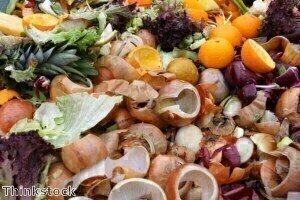
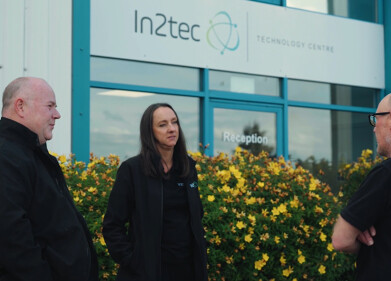
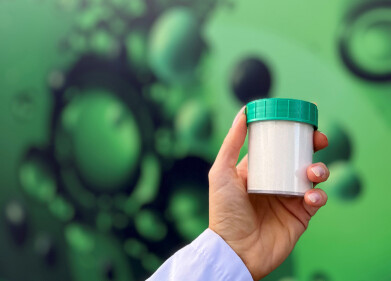
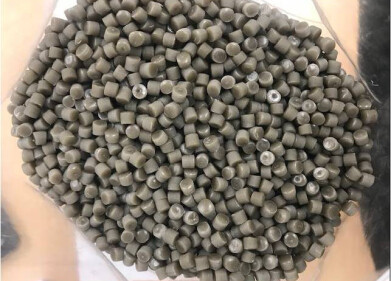
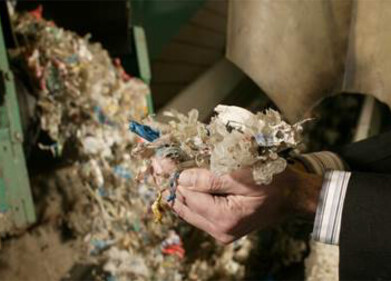


-as-feedstock.jpg)






